“Ten percent of my time each week since 1974 has been with students, younger people and peers, mentoring and training them on building their education, career or business despite the issues and barriers of race. Most have been people of color and women, often I include others with more privilege, so they learn as well. I live racial healing by my own actions and continued hands-on work in my community.” – Joyce Scott, chief executive officer, Superb Speakers and Trainers Bureau
In honor of the seventh annual National Day of Racial Healing in Jan. 2023, we invited readers of everychildthrives.com to share their stories of personal and community transformation through racial healing.
What is racial healing?
Racial healing is a process that restores individuals and communities to wholeness, repairs the damage caused by racism and transforms societal structures into ones that affirm the inherent value of all people. It makes it possible to acknowledge and speak the truth about past wrongs created by individual and systemic racism and to address present-day consequences for people, communities and institutions.
Ultimately, racial healing points to a continuous way of being in the world, a set of everyday practices rooted in love: love for self, community, and humanity. It is a viable pathway to racial equity. Racial healing allows community members to understand each other’s struggles and the way systems impact each other’s lives. With that shared understanding, community members can work together to change inequitable and harmful systems into ones that affirm the inherent value of all people.
It’s about building relationships across differences, honoring our shared humanity and finding collaborative solutions for everyday problems. Transforming systems starts with connecting people first.
What readers like you are saying about racial healing
Here’s what some readers shared about what racial healing means and how it comes to life in their everyday work and relationships.
Tell us about your racial healing journey
Kevin Hoffman:
I was born in Detroit, Michigan, two weeks after the ’67 uprising. I was immediately placed for adoption and adopted by a White minister and his wife who have 3 biological children. My father was a young associate pastor at a suburban church that refused to baptize me because I was Black and the community welcomed me by burning a cross in our front yard. After 3 years of living in this toxic community, we moved to the city.
It was 53 years before we would speak with anyone from the church that ostracized me and my family. During the pandemic, my sister looked up this particular church online and saw they had a list of all the pastors since their inception listed. My father’s name was missing. I called the church and asked why that was and the current pastor knew who I was and was hoping to talk to me.
We set up a zoom call with myself, my mother and sister and the pastor and several church members. There were church members on the Zoom call that were there 53 years ago. A month after this call my mother led the church in a book study on the racism in the church. Their website was updated and they owned up to the racism we faced from the church.
“Racial healing means being open to having uncomfortable conversations and taking account of what you did wrong.”
What is your personal commitment to racial healing?
“Racial healing means being able to empathize with others, enabling us to communicate in that gray area between race and culture, young and old, wealth and poverty. When we learn to consider others’ opinions, we learn trust. When we trust one another, we can collaborate to solve the big problems our world faces.”
Rosemary Smith, managing director, Getting Better Foundation
“Because of this colorful life, I found my calling in doing work in the area of Diversity, Equity and Inclusion (DEI). I work in Adrian, Michigan as the director of Racial Equity and Cultural Inclusion. Daily, I work to find new and different ways to help others find understanding with those unlike them.”
Kevin Hoffman, director of the Office of Racial Equity and Cultural Inclusion, Adrian Dominican Sisters
What did you do to honor the National Day of Racial Healing 2023?
Rosemary Smith:
On National Day of Racial Healing, we co-hosted screenings of our Getting Better Foundation’s “Trust Me” documentary with the Online Computer Library Center (OCLC) and libraries nationally. We offered free streaming of our award-winning film for the day to help build trust, resilience, and empathy and to lessen polarization.
Learn more about the National Day of Racial Healing and explore the conversation guide and action kits at dayofracialhealing.org.
READ MORE:
- The healing power of legacy
- The healing power of remembering
- The healing power of art
- The healing power of story
- The healing power of truth and action
- The healing power of conversation
- The healing power of expression
- The healing power of gathering

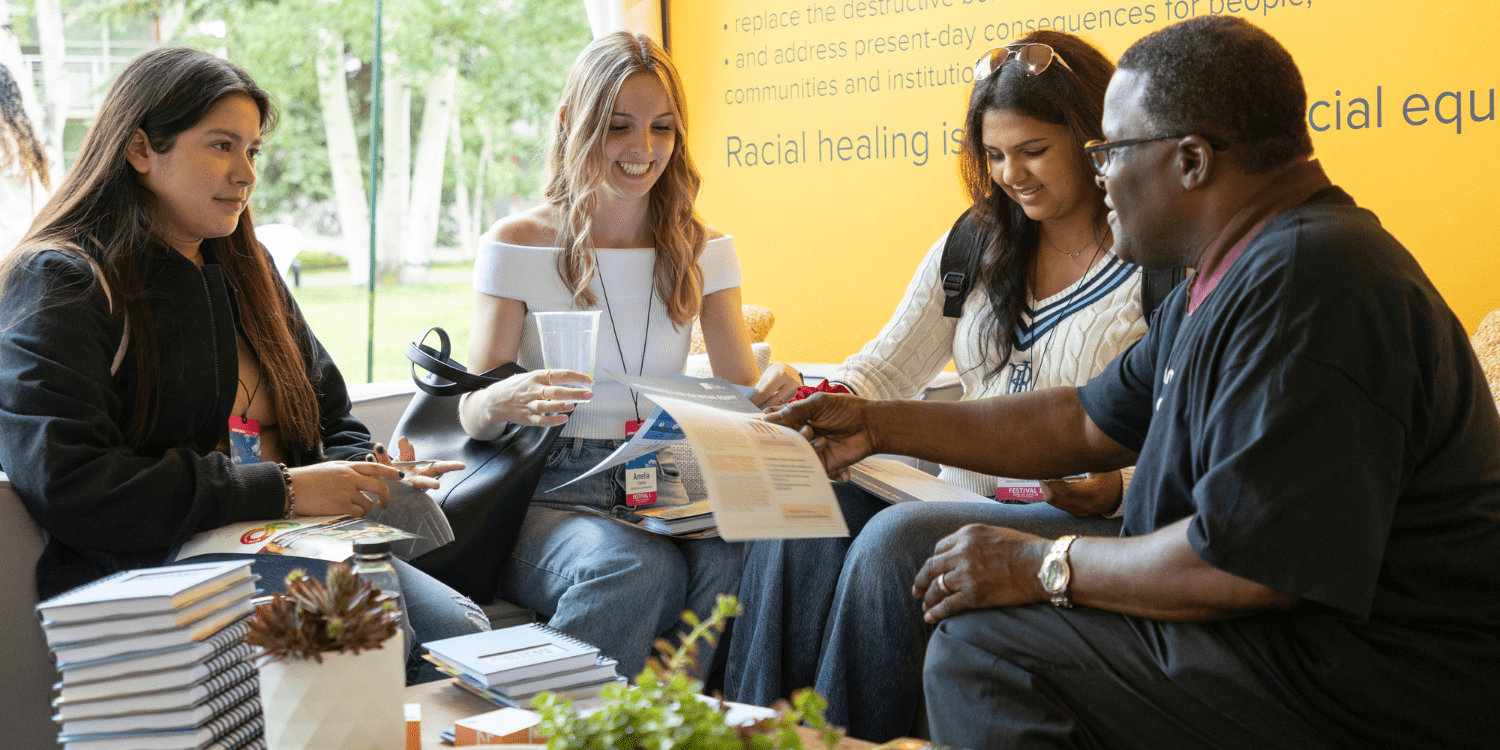
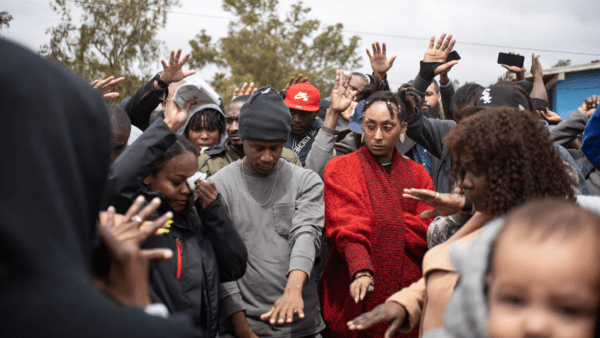
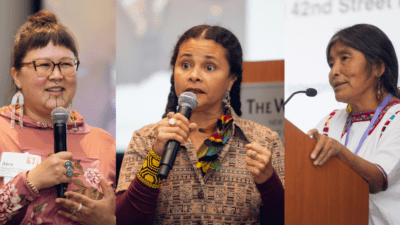
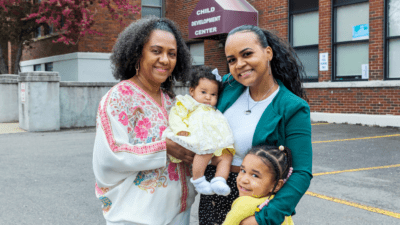
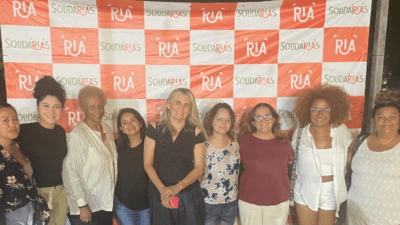
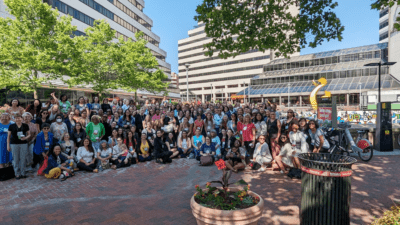

Comments